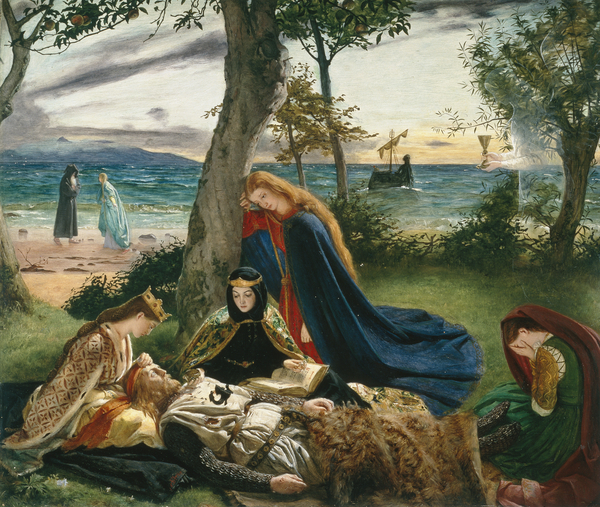|
Avalon, North Carolina
Avalon was a town in Rockingham County, North Carolina, in the United States. It was centered around a textiles mill constructed by Francis Henry Fries at the end of the 19th century. In 1911 the mill burnt down. Most of the population moved their homes to Mayodan, North Carolina and the area was left abandoned. History Establishment In 1887, Francis Henry Fries, a prominent businessman from Winston-Salem, constructed the Roanoke and Southern Railway, which stretched from his home town to Roanoke, Virginia. Seeking to develop industry along the rail line, Fries erected the Mayo Mill adjacent to the Mayo River in 1895 and established the town of Mayodan. The Mayo Mill could not keep up with demand for yarn, so from 1899 to 1900 a new mill was built two miles to the north. W. C. Ruffin, the superintendent of the Mayo Mills Company, gave it the name Avalon, after Avalon, California. Construction was undertaken by S. S. Ordway & Sons, an independent contractor. At the time the fou ... [...More Info...] [...Related Items...] OR: [Wikipedia] [Google] [Baidu] |
Avalon Mills Flume Grate
Avalon (; la, Insula Avallonis; cy, Ynys Afallon, Ynys Afallach; kw, Enys Avalow; literally meaning "the isle of fruit [or apple] trees"; also written ''Avallon'' or ''Avilion'' among various other spellings) is a mythical island featured in the Arthurian legend that first appeared in Geoffrey of Monmouth's influential 1136 ''Historia Regum Britanniae'' as a place of magic where King Arthur's sword Excalibur was made and later where Arthur was taken to recover from being gravely wounded at the Battle of Camlann. Since then, the island has become a symbol of Arthurian mythology, similar to Arthur's castle of Camelot. Avalon was associated from an early date with mystical practices and magical figures such as King Arthur's half-sister Morgan le Fay, Morgan, cast as the island's ruler by Geoffrey and some of the later authors inspired by him. Certain Briton traditions maintain that Arthur is an eternal king who had never truly died but King Arthur's messianic return, would ret ... [...More Info...] [...Related Items...] OR: [Wikipedia] [Google] [Baidu] |

